Essential Guide to Dog Wound Care Products Every Pet Owner Must Know
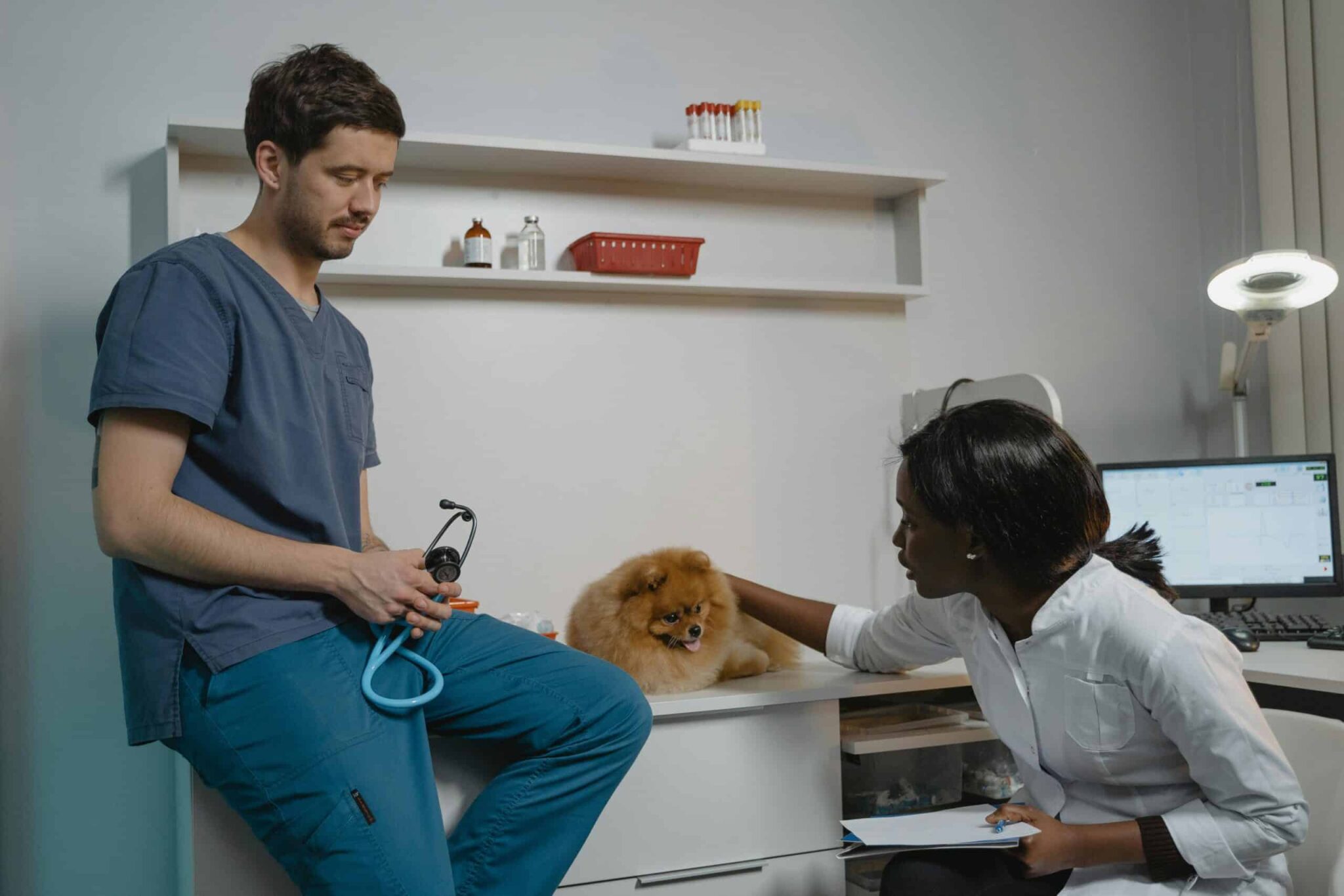
When your furry friend gets a cut, scrape, or bite, quick and proper care is critical to prevent infection and ensure fast healing. That’s where dog wound care products come into play — specialized solutions designed to treat your dog’s injuries safely and effectively. Whether you have an active pup that loves the outdoors or an older dog with sensitive skin, knowing how to treat wounds at home can be a lifesaver.
At avw.au, we understand how much your dog means to you. That’s why we stock only the best pet health products, including dog wound care products, dental chews, skin protectants, and immune boosters to keep your dog happy, healthy, and injury-free.
Why Dog Wound Care Matters
Just like humans, dogs are prone to injuries. A small cut on the paw, a scratch from play, or an insect bite can quickly turn into a serious issue if left untreated. Dogs also tend to lick or bite at wounds, which can introduce bacteria or delay healing.
Proper dog wound care products help by:
- Preventing infections
- Reducing pain and inflammation
- Speeding up healing time
- Protecting the wound from further damage
Whether you’re dealing with a fresh wound or helping a sore spot heal, having the right first aid products for dogs on hand is essential.
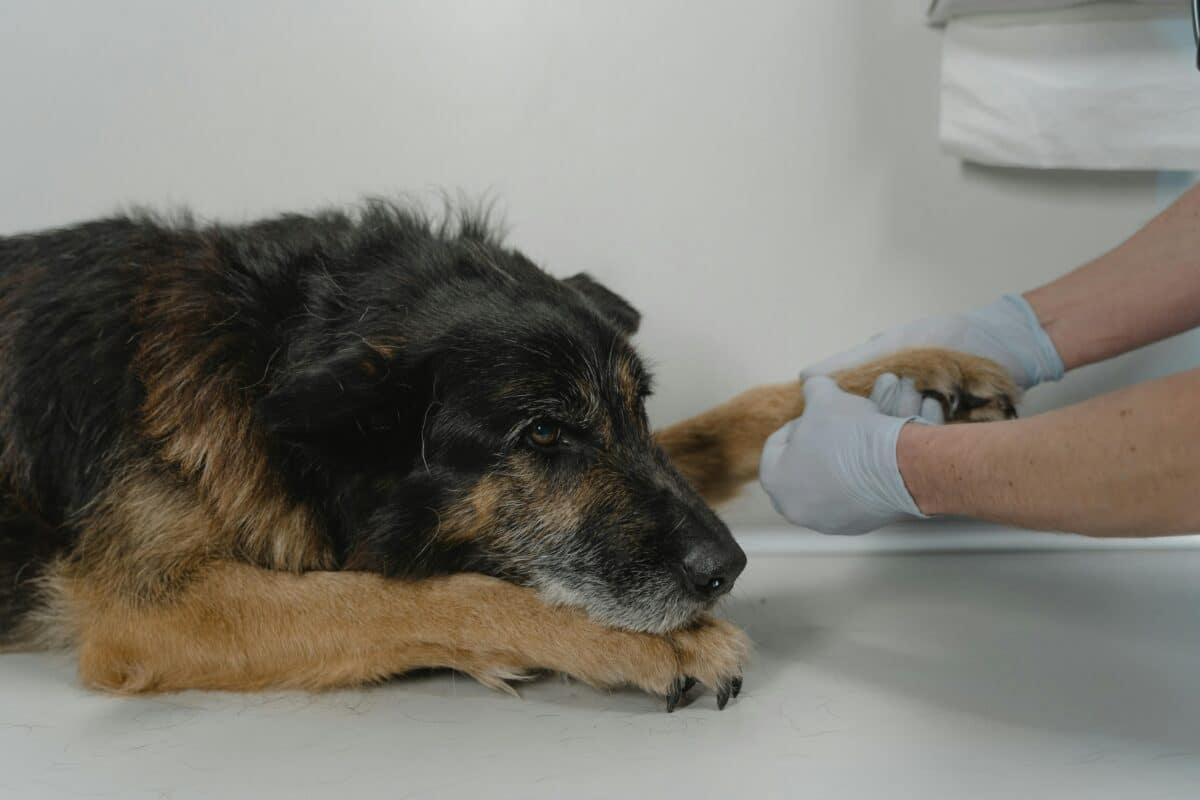
Top Dog Wound Care Products You Should Keep at Home
Let’s explore some of the most trusted products and categories to include in your dog’s first aid kit.
1. Antiseptic Sprays and Wipes
These are ideal for cleaning out dirt and bacteria. Products containing chlorhexidine or iodine are pet-safe and effective. Look for alcohol-free formulas to avoid stinging.
2. Wound Healing Gels or Creams
These promote tissue repair and often include ingredients like aloe vera, calendula, or manuka honey. They’re perfect for minor cuts and hot spots.
3. Dog Bandages and Dressings
Specially designed bandages help keep wounds clean and secure. Self-adhesive bandages are especially useful because they stick without causing irritation.
4. Elizabethan Collars (E-Collars)
Also known as the “cone of shame,” these prevent dogs from licking or biting their wounds, which is essential for proper healing.
Supporting Recovery Through Nutrition and Chews
Wound healing doesn’t just depend on surface treatment — your dog’s overall immune health plays a huge role too. At avw.au, we recommend supportive health products that can complement dog wound care products by promoting internal healing and reducing inflammation.
✅ Whimzees Occupy Antler Dog Chews – Medium
These long-lasting chews are more than just a tasty treat. Made from natural ingredients, they promote dental health and reduce bacterial buildup in the mouth, which is crucial for dogs recovering from wounds. A healthy mouth can minimize the chance of oral bacteria affecting wounds caused by face or neck injuries.
Benefits:
- Reduces plaque and tartar
- Keeps dogs occupied during recovery
- Natural and digestible
✅ Virbac Veggiedent Fr3sh Medium Dog Dental Chews – 15 Pack
Another fantastic product that complements your dog’s recovery. These chews freshen breath, support gum health, and help maintain overall immunity — a strong immune system is essential for healing wounds effectively.
Why it’s great during wound recovery:
- Supports oral hygiene (prevents bacterial spread)
- Promotes digestion with added prebiotics
- Designed for medium-sized dogs
How to Treat Minor Dog Wounds at Home
- Clean the Wound Gently
Use warm water and a pet-safe antiseptic spray to flush out any debris or dirt. - Apply a Healing Ointment
Use a wound gel or cream suited for dogs. Avoid human medications unless advised by your vet. - Protect the Area
Use breathable gauze and a bandage to cover the wound. Make sure it’s not too tight. - Prevent Licking
Apply an E-collar if your dog keeps disturbing the wound area. - Monitor the Healing Process
Look for signs of infection like redness, swelling, or foul smell. If these appear, consult a vet immediately.
Tags
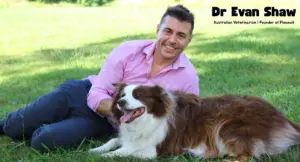
Dr. Evan Shaw
Dr. Evan Shaw is an Australian veterinarian, a passionate animal advocate, promoting the philosophy that prevention is always better than cure.
His mission is to empower pet owners by providing expert advice and easy, consistent access to comprehensive pet protection.
What do you think?
Related Articles
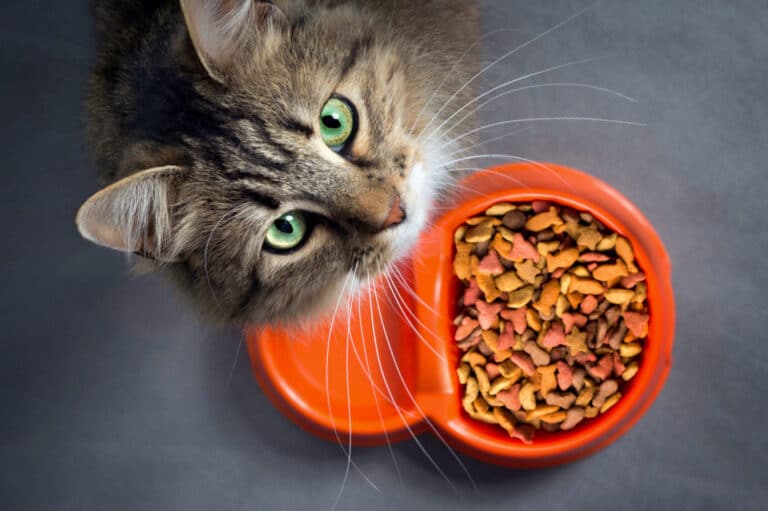
How to Choose the Right Cat Food
Choosing the right cat food is a critical decision for any cat owner. Good nutrition is essential to keep your feline healthy and happy, but
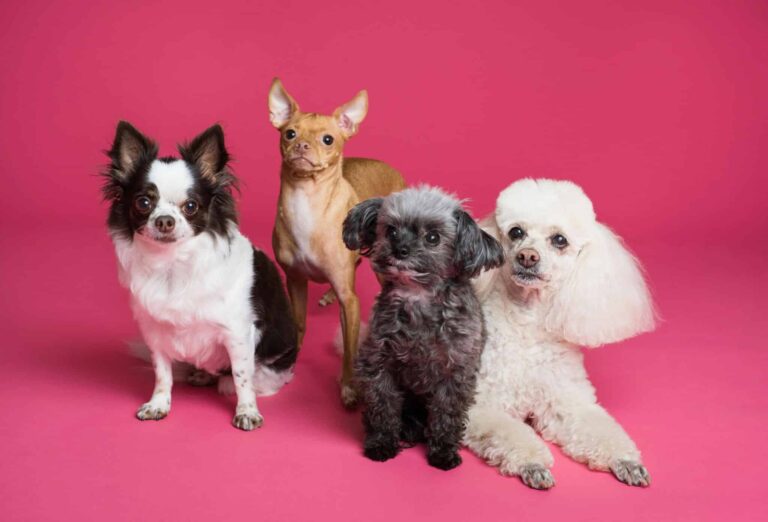
Effective Tick Prevention for Dogs in Australia: Keep Your Pet Safe and Happy
Ticks are more than just a nuisance for dogs—they pose serious health risks, especially in Australia where tick-borne diseases are common. As a responsible pet
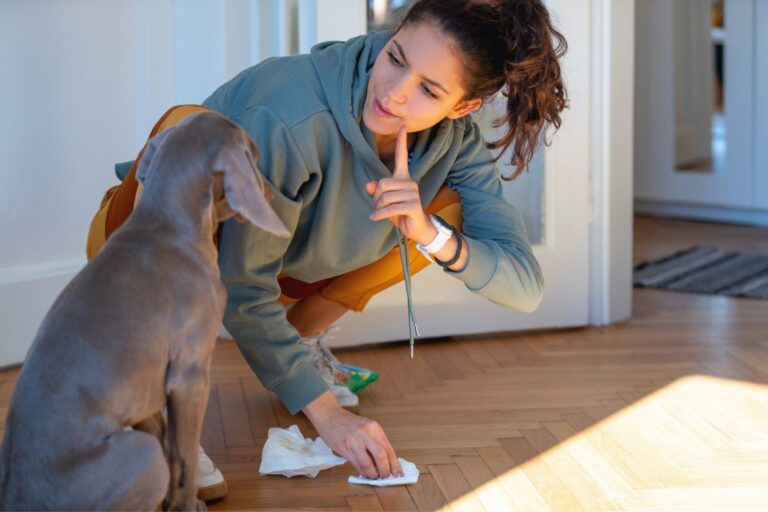
Training Your Dog With Healthy Dog Training Treats
Training Your Dog Using Treats to Encourage Good Behavior Training a dog requires patience, consistency, and the right incentives. Treats are a powerful tool to
